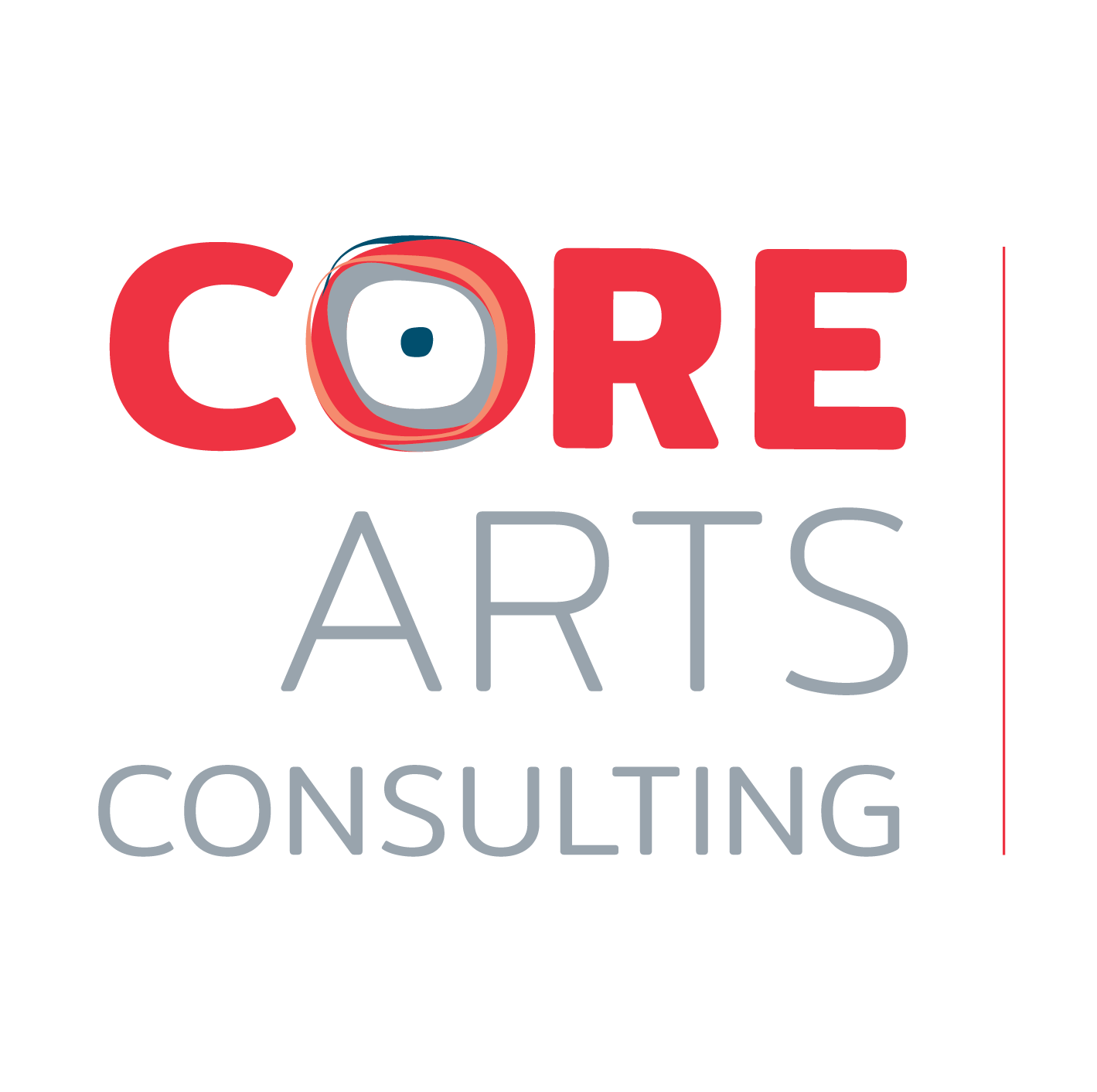We are so excited to introduce you to our November 2019 Arts Educator of the Month, Ms. Katherine Stubbs. Katherine is an amazing music teacher at Atlanta Primary School in Atlanta, Texas.
She is beloved by students, colleagues and community members. She provides engaging music and art instruction by allowing student voice, creating fun games and helping students express their feelings through music, art and dance.
Katherine was nominated by her school’s after school program director, Jennifer Whatley. Read her nomination below to learn more about the incredible work that she is doing in her role as art teacher!
Congratulations, Ms. Stubbs! Thank you for your vital contributions to arts education.
Why do you think this arts educator deserves to be nominated?
Katherine has been in Music and Arts Education for many years. She is an excellent music teacher. She teaches music and arts at Atlanta Primary School and in the ACE afterschool program. Katherine is a member of an adult English Hand Bell Ensemble at First United Methodist Church, where she teaches a Children's Choir and Hand Chime Ensemble.
Tell us how this arts educator has gone above and beyond to help students.
Katherine Stubbs goes above and beyond to make sure students experience music and arts education in multiple ways. She teaches children to express themselves through music and art and provides creative activities for children to participate in. She has led many musical programs and events for school and churches. Additionally, she has written several grants for our school’s music department to receive supplies, equipment and materials that enrich students’ artistic experiences.
How would students describe this arts educator?
The students would describe Mrs. Stubbs as fun. She is always smiling and laughing with students. She provides a positive learning experience for many students to express themselves through music and art.
Please share the innovative and creative ways that this educator is teaching the arts.
She has many innovative and creative ways to teach the arts to our primary age students. She has created activities for students to learn how to use musical instruments such as hand bells, drums, tambourines, rhythm sticks, and many others. She has designed musical programs and had students participate in creating costumes for the program. She teaches students to express their feelings through dance and movement. She has taught students how to paint on canvas with acrylic paints. She has created many games to play with music which is engaging for the kids.
c
What distinguishes this arts educator from their peers?
Katherine's commitment, passion and dedication to her students is what makes her an exceptional music and arts education teacher. The fact that she goes above and beyond her daily role to provide music and art experiences to students in public schools, churches, and community members is truly remarkable.















